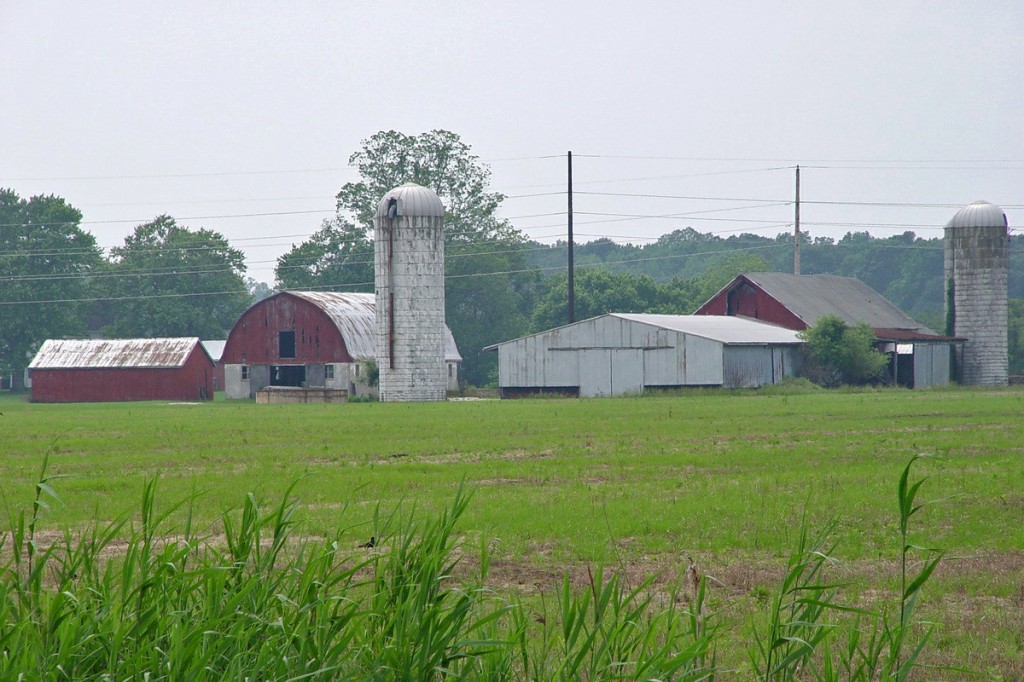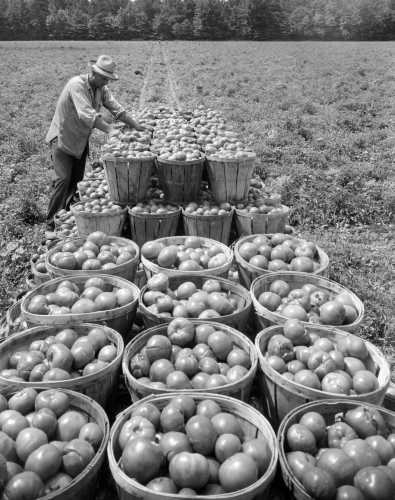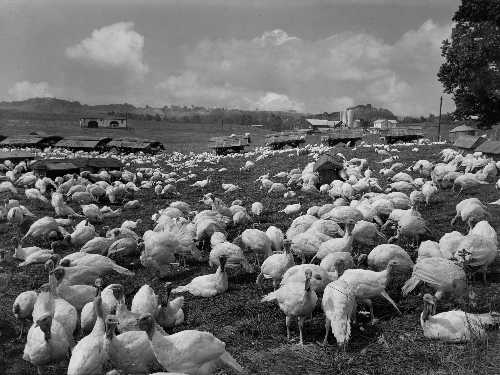New farm bill would aid more Md. farmers, but hurt food stamp recipients
By Sam Smith
[email protected]
With the U.S. Farm Bill of 2008 about to expire Sept. 30, advocates from Maryland and across the nation are pressuring Congress to quickly pass the 2012 bill that would end the subsidies for big corporate farms before Congress breaks for the election. But Maryland lawmakers are not confident it will make that deadline.
Both the Senate and the House bills spell the end for Direct Payment subsidies in favor of crop insurance programs. The gridlock stems from disagreement over cuts to the food stamp program, the Supplemental Nutritional Assistance Program (SNAP). After the Senate proposed $4.5 billion in cuts to SNAP, the House Agriculture Committee proposed cutting $16.5 billion that would leave an estimated two to three million Americans without food assistance, according to the progressive Center for Budget and Policy Priorities.
The new bill would make more Maryland farms eligible for government assistance, but neither House Minority Whip Steny Hoyer nor U.S. Sen. Ben Cardin, both Maryland Democrats, feel the bill will get passed before the break.
Hoyer predicts no vote before election
“It is important that we pass a Farm Bill, which is desperately needed by farmers facing severe drought,” Hoyer said. “I have been urging Republicans to take up and pass the bipartisan Senate version. Unfortunately, they have not scheduled a vote on their bill or the Senate version and it does not appear they will do so before we adjourn in early October.”
The Farm Bill was initially established after the Great Depression to help small-scale farmers, but the modern version has given a competitive advantage to big agricultural corporations that produce commodity crops such as corn and soy. Critics say this leads to the overproduction of these crops and contributes to the production of unhealthy additives like high fructose corn syrup.
“It has really just been skewed towards the major agribusinesses, who have been able to work with all these representatives and special interests to gain gridiron fronts in how these subsidies are distributed,” said Laura Muth of the Maryland Public Interest Group .
Seventy-five percent of the agricultural subsidies went to just 10% of the farming industry according to the Environmental Working Group’s 2012 Farm Subsidy database.
Maryland farmers got little federal aid
Maryland’s top agricultural products are poultry, greenhouse plants and dairy, so many Maryland farms did not benefit from agricultural subsidies. Sixty-four percent of Maryland farmers reported that they did not receive any government subsidy payments according to the 2010 update of the USDA Census of Agriculture. Since 1995, the Farm Bill has funded $277 billion in farming subsidies, however, only $1 billion of that was given to Maryland farms.
“Most of the farmers in Maryland that I know welcome a shift to more widely-available crop insurance compared to Direct Payment,” said U.S. Rep. Roscoe Bartlett, R-6th District, who owns a small farm near Frederick. “I share the view of farmers, who prefer that a new Farm Bill will approve safety nets that insure the farmers will not be wiped out as a result of catastrophic losses from extreme weather events determined by county-level assessments or plummeting market prices.”
The prospect of a risk management system would provide subsidies to a wider variety of crops and would make more farmers eligible to receive subsidies, said Valerie Connelly, director of government relations for the Maryland Farm Bureau.
New bill would reach more Md. farmers, Farm Bureau says
“People who were growing fruits and vegetables, the non-traditional crops would have access to straight-up cost insurance, revenue insurance and some of the other risk management products that would be available under the new bill,” Connelly said. “It would reach more farmers and give people a better opportunity to manage their operations and the risks associated with it.”
In a statement when the legislation passed the Senate in June, U.S. Sen. Barbara Mikulski said the 2012 Farm Bill will allow dairy farmers to opt into a protection program for their profit margins at a lower rate. The bill also forces the USDA to look into starting a poultry protection program.
Mikulski also said that $15 million more will be given to crop block grants each year so that the Maryland Department of Agriculture will provide more support to a wider range of producers and invest more towards research, education, pest control and food safety.
“Senator Cardin supports improving the safety net for poultry growers and dairy farmers. Improvements to the dairy program in the farm bill will provide significant help to dairy farmers in the Northeast,” said Cardin Communications Director Susan Sullam.
Proposed cut for Food Stamps
Currently, about 700,000 people in Maryland rely on the SNAP program to buy food. The cuts would come from the elimination of the “categorical eligibility” component of the program. This will make it more difficult for people to be considered eligible to receive food stamp assistance even though they are technically living under the poverty line. This will also affect how many children will be eligible for school lunch assistance.
Hoyer called food stamps and unemployment insurance the two “most stimulative” ways of helping the economy.
“I oppose the deep cuts to food assistance proposed in the House Republicans’ Farm Bill,” Hoyer said.
Cardin is also firmly against the proposed cuts. “At a time when so many American families are struggling because of the economy, Senator Cardin does not support reducing federal funds to the food stamp program, which helps families put food on their tables,” Sullam said.

MarylandReporter.com is a daily news website produced by journalists committed to making state government as open, transparent, accountable and responsive as possible – in deed, not just in promise. We believe the people who pay for this government are entitled to have their money spent in an efficient and effective way, and that they are entitled to keep as much of their hard-earned dollars as they possibly can.



